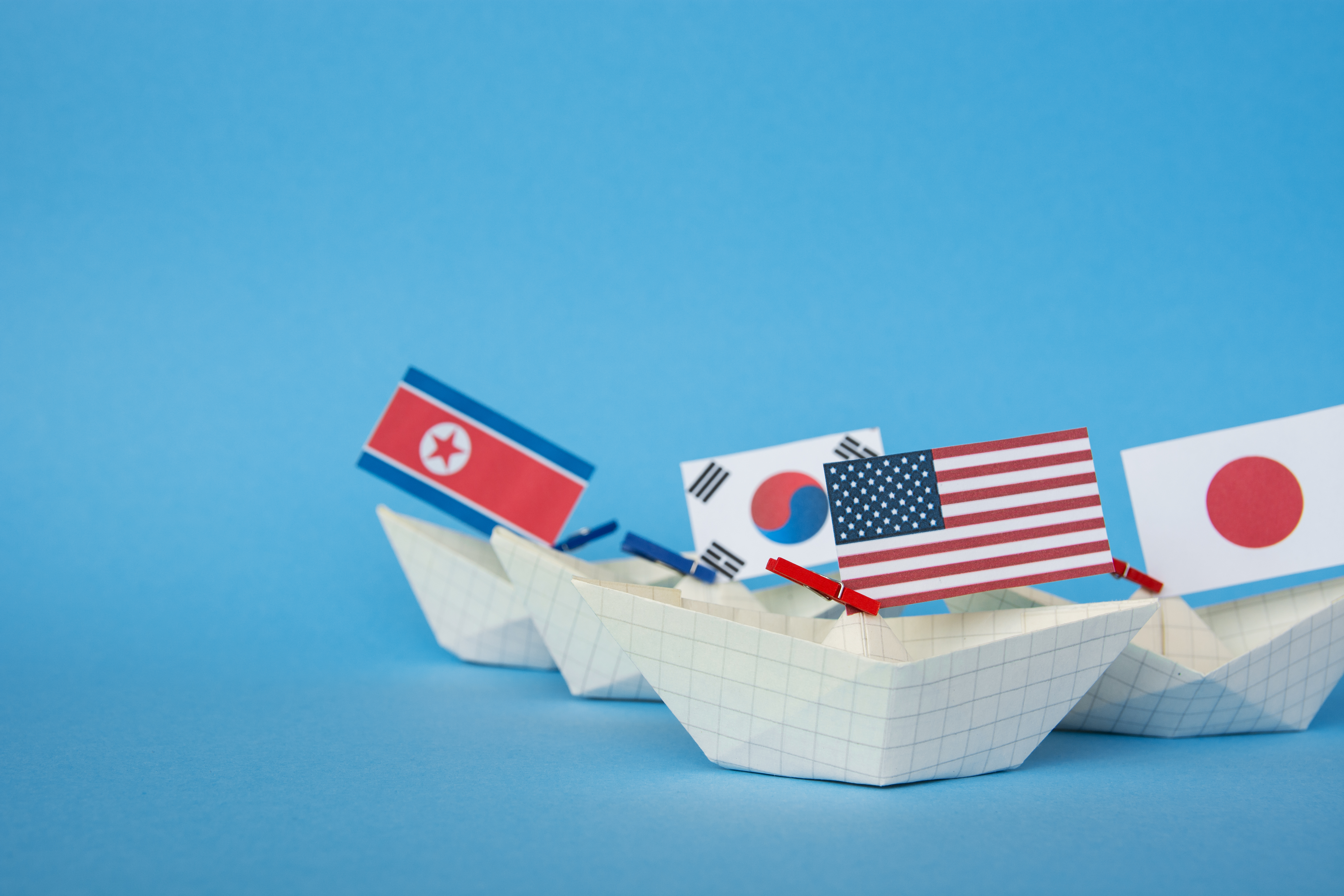
Ep. 30 Douglas Paal: ROK-U.S.-Japan’s Trilateral Response to Pyongyang’s Move Toward Authoritarian Bloc
Interview | March 21, 2023
Douglas H. Paal
Vice President for Studies, Carnegie Endowment for International Peace (CEIP)
Dr. Douglas H. Paal, a Distinguished Fellow at the Carnegie Endowment for International Peace, shares his assessments of the outcome and the implications of the 14th National Committee of the Chinese People’s Political Consultative Conference (CPPCC) and the 14th National People’s Congress (NPC). In this third part of the Global NK Interview, Dr. Paal highlights North Korea’s move toward China and Russia. Dr. Paal argues that North Korea will continue to build as much leverage by exploiting opportunities from Beijing and Moscow before it resumes any politics toward Korea, Japan, and the U.S.. He further suggests what South Korea, Japan, and the U.S. should do to reduce potential damage from North Korea’s increasing leverage while exploiting their own improved leverage.
Call for Trilateral Diplomatic Ammunitions to Deal with DPRK's Move Toward China and Russia
• North Korea, as it has always done, aims to exploit its opportunities with Russia and China and “build as much leverage before they resume any politics toward South Korea, U.S., or Japan.”
• In this context, President Yoon’s bold decision to settle the historical problems with Japan should be welcomed. While one should not be “overly ambitious” because “there will always be constraints in Korea-Japan relations,” “if [U.S.-South Korea-Japan] can function on broad security issues more cooperatively, it will give time to bicker below the surface on other issues without great consequences.”
• The United States must “rethink what its policy toward North Korea is” and seek for a “diplomatic ammunition.” “It is time for us to gather together and come up with ideas on how to reduce the damage coming from North Korea’s increasing leverage and find good ways to exploit our own improved leverage with stronger position of allies in the Asia-Pacific.”
■ Douglas H. Paal_is a Distinguished Fellow at the Carnegie Endowment for International Peace. He previously served as vice chairman of JP Morgan Chase International (2006-2008) and was an unofficial U.S. representative to Taiwan as director of the American Institute in Taiwan (2002-2006). He was on the National Security Council staffs of Presidents Reagan and George H. W. Bush between 1986 and 1993 as director of Asian Affairs and then as senior director and special assistant to the president. Paal held positions in the policy planning staff at the State Department, as a senior analyst for the CIA, and at U.S. embassies in Singapore and Beijing. He has spoken and published frequently on Asian affairs and national security issues.
■ Typeset by Jisoo Park, Research Assistant
For inquiries: 02 2277 1683 (ext. 208) | jspark@eai.or.kr
International Relations
LIST